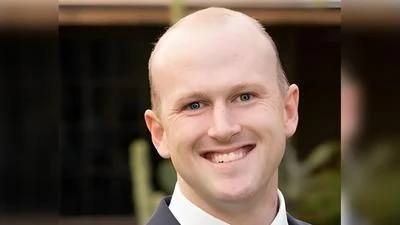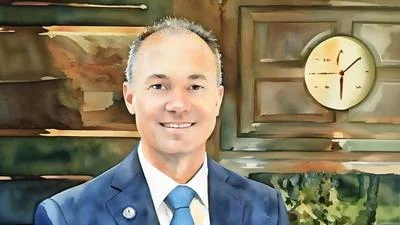Accurate war coverage depends on data and dispatches, but also presence. The gap between what journalists report and what they witness firsthand has grown wide. Nowhere is this more evident than in the coverage of the Israel-Hamas conflict, where ideological filters and distance from the front lines can distort public understanding.
Few journalists push against this trend more vocally than Greta Van Susteren. A veteran of courtrooms and combat zones, Van Susteren argues that only by bearing witness—by physically entering the danger, listening to the people, and challenging sanitized accounts—can reporters offer the public anything resembling truth.
Van Susteren–or Greta, as many of her viewing fans know her–is one of America’s most enduring broadcast journalists. A former criminal defense attorney and Georgetown adjunct law professor, she transitioned into journalism during the trial of former DC Mayor Marion Barry trial, where her reputation as a seasoned trial lawyer drew the attention of local media. “I was doing stuff outside the courthouse for the local media... because I tried a lot of really ugly murder cases,” she recalls. That moment launched a career that spans CNN, Fox, MSNBC, and now Newsmax, where she continues to hold ground as a journalist who insists on being there, seeing events firsthand.
In July 2023, Van Susteren visited the northern border of Israel and was taken by the Israeli Defense Forces into Hezbollah-dug tunnels. “It was so sophisticated... lighting, ventilation, communication,” she says. “And there was no reason to dig those caves... unless you wanted to kill.” After the October 7 attacks, she returned to Israel, walking a burned kibbutzim and witnessing the aftermath. “You could sort of feel the people there,” she says. “It was so haunting... just a short time ago, these people were trying to live their lives.”
She watched the now-infamous 47-minute GoPro footage Hamas recorded during the attacks. “It made me a better journalist,” she explains. “I think it’s important for journalists to see it... it’s one thing to read about war... it’s another thing to be there as people are being slaughtered.”
Van Susteren became one of the first Americans to see it, thanks to her longstanding relationship with the Israeli embassy. “I don’t wish the video on anybody... but I think any American journalist who’s reporting on the war ought to see it.”
She notes a key reason media coverage of Israel is flawed. “They’re not there,” she says. “I think fundamentally journalists want to get it right... but if you’ve been to Israel, if you walked that kibbutz... I don’t know how you can report otherwise.”
Her own experiences—missile alerts in Israel and Ukraine, installing bomb warning apps, and being forced to take cover in ditches—sharpen her criticism of those who speak with authority despite lacking experience. “When you’ve got such a profoundly important topic and you’ve never been there, it reflects on the person.” She recalls receiving an award from a major Jewish organization after reporting on a Tel Aviv café shooting and using the word” terrorist.”
“I thought, what else would you call someone who goes in and shoots up a café? But apparently, that is unusual enough that you get an award.”
She recounts a disturbing moment from July 2023, when a man from Gaza received medical clearance to enter Israel, then used his vehicle to run people over and stab others. The next day, some media referred to him as a “driver.” “I thought... a driver?” Van Susteren says, clearly frustrated. “A guy who tries to run people down and stick knives into people?”
She credits her current news home, Newsmax, and CEO Chris Ruddy for enabling on-the-ground journalism. “Chris has not interfered one iota with what I do,” and she adds that he has spent “a lot of money” for her and her colleagues John Huddy and Shelby Wilder to report in person. “It’s enormously expensive and doesn’t necessarily boost ratings—but it’s the right thing to do,” she says.
Her advice for aspiring journalists? Skip journalism school. For journalists wanting to report on Israel for example, she says, “I would move to Israel, learn the language, and meet people... so I’d be an actual expert.”
She draws from her legal background to emphasize the importance of firsthand evidence and factual accountability. “You can’t have anonymous sources in the courtroom.” Today’s journalism, she warns, too often relies on hearsay.
“Until news organizations put the brakes on the overuse of anonymous sources... we’re just playing the telephone game,” she says. And without proper editorial oversight, she says, even the most prestigious outlets are prone to error. “It’s very easy to make a mistake in journalism. That’s why you have to have checks and balances.”








